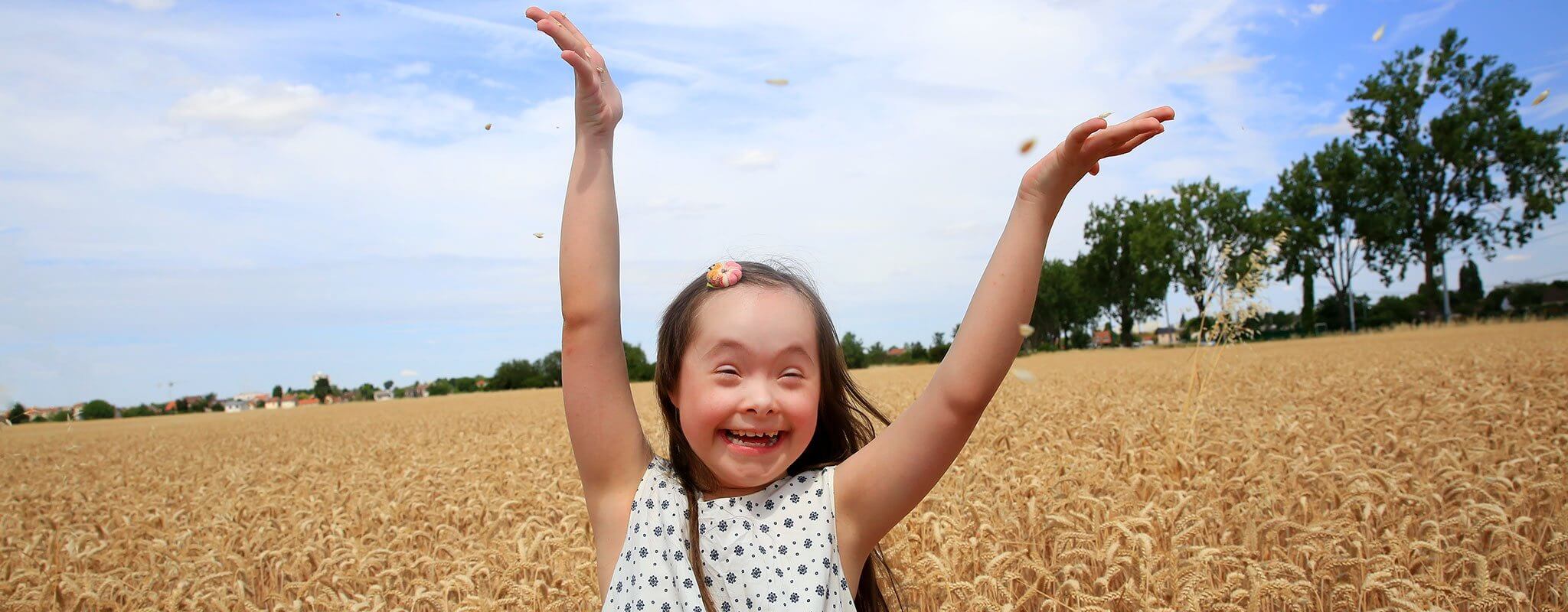A newborn can seem small and fragile leading to parents feeling overwhelmed when they bring their baby home for the first time. Don't worry, we are here to help!
Swaddling
After birth, babies often miss the snug feeling of their mother's womb. A blanket wrapped snugly around your baby can mimic this feeling. When done correctly, swaddling can curb crying, restlessness, and promote sleep. But done incorrectly, it can cause problems. Babies who are swaddled too tightly can develop problems with their hips, so it is important to practice safe swaddling techniques.
Umbilical cord
The umbilical cord requires no special care. When left alone, most umbilical cords will just fall off by themselves in about 1-4 weeks. It is recommended to avoid getting your baby's umbilical cord wet. Give your baby a sponge bath until the cord falls off. Watch for signs of infection including drainage, a foul odor, redness, warmth, or swelling around the cord.
Circumcision Care
After the circumcision, the tip of the penis may appear red, raw, or yellowish. Use petroleum jelly on a small gauze pad to offer some protection to the tip of the penis while it is healing. Replace this gauze pad with each diaper change. The penis should fully heal in about 7 to 10 days.
Diapers
Your newborn's first stools are thick, black, and tarry in appearance. These are known as meconium stools and usually occur in the first 48 hrs. As your baby eats breastmilk or formula, your newborn's stools will transition from pasty brown to yellow and seedy. Your baby will likely have several stools a day. This transition process is a useful indication that your baby is feeding well. For boys, aim the penis downward before closing the diaper to avoid getting peed on. For girls, make sure to wipe from front to back to avoid spreading poop into the vaginal area. Newborn girls may also have a clear to white vaginal discharge. It may even be pink or bloody. Don't be alarmed, this is normal and is due to being exposed to maternal hormones.
Fingernails
A newborn's fingernails are soft and adhere tightly to the underlying skin for the first few weeks after birth. Trying to clip the nails early on could lead to injury to the adherent skin. Do not attempt to clip your baby's nails for the first 2 weeks. Instead, try filing them down or use mittens to cover your baby's hands to prevent scratches. When clipping nails, try to trim your baby's nails when he or she is asleep. Push down on the fingertip skin in order to get the clippers around both sides of the nail so as not to cut the finger.
Bathing
Babies do not require a daily bath. Give sponge baths until the cord has fallen off and the circumcision has fully healed. Even with a sponge bath, be mindful of the water temperature. Use lukewarm water. We recommend that the upper temperature limit on your water heater is set no higher than 120 degrees Fahrenheit. Clean your baby's outer ear with a washcloth. Do not insert a Q-tip into the ear canal. Don't worry if a little water gets into your baby's ears during a bath. Never leave your baby unattended in a bath.
Skin Care
As a result of your baby having been in amniotic fluid for nine months, his/her skin will likely appear dry, cracked, and peeling. Moisturizing lotion will only temporarily improve this appearance.
Sleep
It is very important that your baby sleep on his/her back in order to reduce the risk of sudden infant death syndrome (SIDS). Your baby should sleep on a firm mattress in a bassinet or crib. It is recommended that the bassinet or crib be in the parent’s room for the first 2-3 months. The bassinet or crib should be free of pillows, stuffed animals, etc. Learn more about safe sleeping here.
Tummy Time
It is very important for babies to sleep on their backs to reduce the risk of SIDS. But, all that time on their backs can cause the back of the head to become flat. So, infants should spend some time on their tummies while awake and being observed. Tummy time also allows babies to strengthen their muscles in preparation for rolling and crawling. Following a diaper change or after waking from a nap are good times to try tummy time. Try to implement tummy time 2-3 times a day for just a few minutes. As your baby grows older and stronger, you can increase the amount of tummy time.





